| Star apprenticeship |
| This fitter and turner apprenticeship is with the Antenna Mechanical team in Canberra, which supports ground-based spacecraft telecommunications. You will perform basic maintenance and support more complex antenna tasks to assist the international NASA Deep Space Network. You must be an Australian Citizen and as the work is directly with NASA, you will be required to obtain an International Traffic in Arms Regulations (ITAR) clearance (not as scary as it seems). Hurry, apply before 8 November. |
|
|
| A private matter |
| Joining the Data61 Data Privacy team in Sydney, you will be working as a Senior Researcher in the development of privacy preserving algorithms for data release, analytics query and data processing in multiple strategic and industry-driven projects. You will also work in the development of fundamental theoretical frameworks for efficient private data-centric multi-party collaboration and data sharing platforms. Sounds serious. |
|

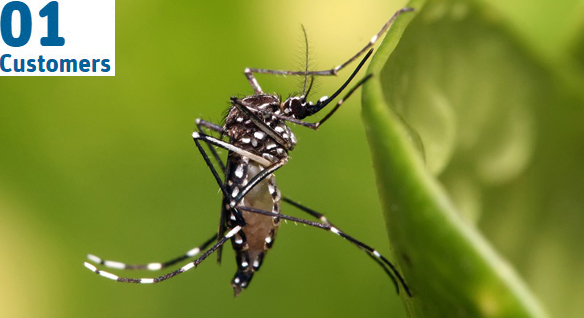
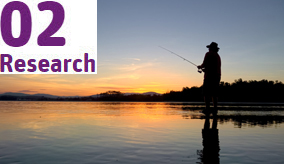
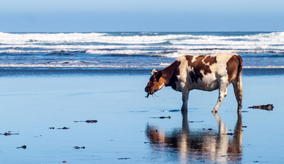
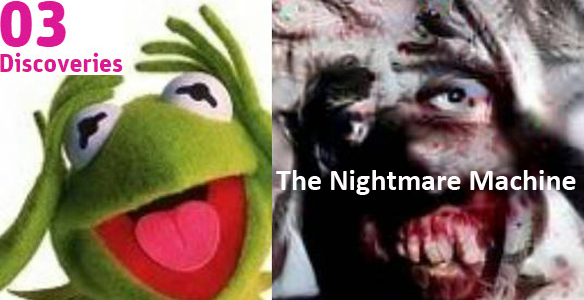


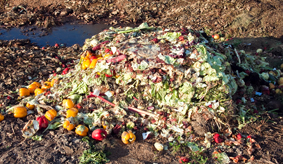






Comments
Post a Comment